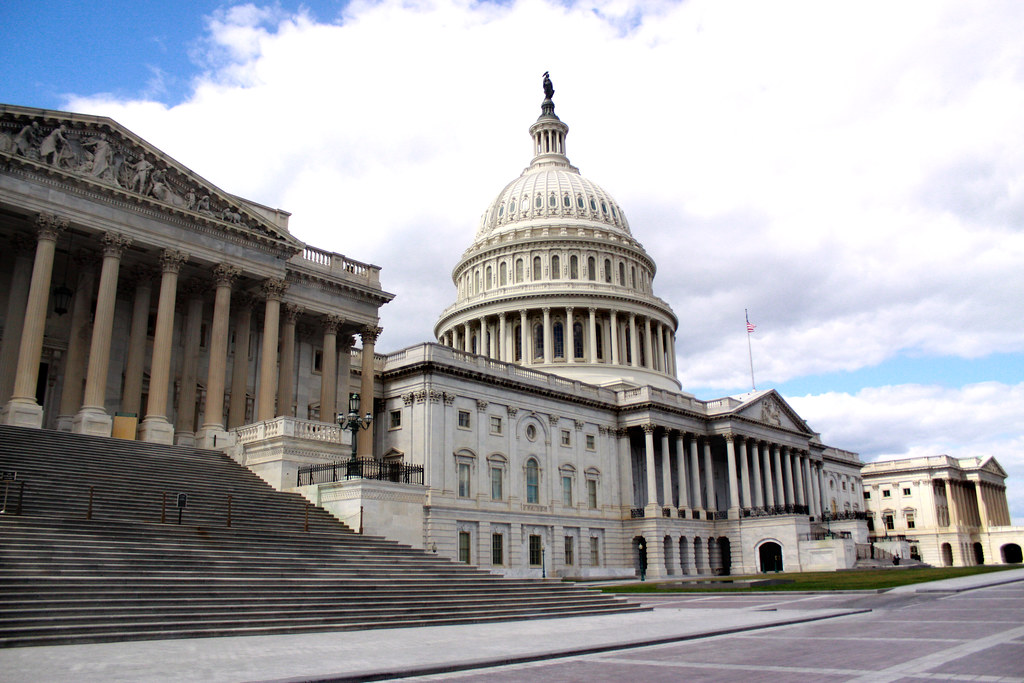Key Takeaways
- The Jimmy Kimmel suspension came after a public threat by an FCC official.
- The First Amendment bars only government limits on speech, not private firing.
- A threat to revoke TV licenses can count as government coercion.
- ABC’s choice to suspend Kimmel under pressure raised free speech alarms.
A storm hit Hollywood when ABC paused the Jimmy Kimmel suspension. Viewers saw the news after the host’s jokes on a tragic killing. At the same time, an FCC leader warned ABC affiliates he might strip their licenses. This warning sparked the debate on free speech.
How the Jimmy Kimmel suspension tests free speech
Many people felt shocked by the Jimmy Kimmel suspension. They saw it as an attack on free speech. However, the First Amendment stops only the government. It does not stop a boss from firing someone. Yet here things get tricky. An FCC official’s threat brings the government back into the picture.
Why networks can discipline employees
Private companies usually set their own rules. They can fire staff for harmful comments. For example, a finance firm fired a manager who lied in public. In another case, a TV network canned a comedian for racist tweets. These moves had no government push. They reflect company values and public image.
Why government threats matter
The First Amendment bans the government from punishing speech it dislikes. In 2024, the Supreme Court clarified this in a gun rights case. Justices said any threat to punish speech is a First Amendment violation. Here, the FCC leader hinted at license revocations. That crossed the line.
What happened with Jimmy Kimmel
Jimmy Kimmel made remarks about a suspected killer. Critics said his words were unfair. Then ABC suspended him. Soon after, the FCC chair spoke of pulling licenses. He said the network could choose an easy path or a hard one. This threat set off alarm bells.
How the FCC threat forced a decision
In the past, no one fired hosts due to government warning. Yet ABC moved quickly this time. Critics blame the FCC threat. They argue that ABC did not fight back. Instead, the network caved. As a result, people cried foul over free speech.
Private firing versus government coercion
Employers can punish workers for speech they hate. That rule stands unless the government forces them. Here, the FCC leader’s warning counts as pressure. It turned the Jimmy Kimmel suspension into a government-driven move. Therefore, it entered First Amendment territory.
What the law says about free speech
The First Amendment aims to protect all views. It stops the government from blocking or punishing speech. It also stops indirect methods of coercion. The Supreme Court has forbade any threat that chills free speech. Thus, a hint to revoke broadcast rights is unlawful pressure.
Why this matters for all broadcasters
If agencies could threaten to yank licenses, every station would fear saying anything. Hosts could face silent censorship. In effect, the government could run the airwaves by fear. This risk alarms journalists and viewers alike.
How networks can respond in future
Broadcasters could fight such threats in court. They might seek injunctions to block license actions. They could also join forces and lobby Congress to protect speech. In addition, they might set clear rules to guide hosts. That way, they avoid vague threats.
What steps viewers can take
Audiences can write to their local stations. They can call for transparency on policies for on-air comments. They might also demand that networks defend their talent. Furthermore, they can contact lawmakers to support free speech laws.
Why critics say ABC should have fought back
Critics argue ABC surrendered too fast. They say the network should have challenged the FCC’s warning. In court, they might win under existing Supreme Court precedents. Had ABC stood firm, the Jimmy Kimmel suspension might never have happened.
How this case could shape media law
The Jimmy Kimmel suspension may spark new legal battles. Media companies might sue on First Amendment grounds. Courts could clarify how far an agency can go with indirect threats. As a result, this case could set a key free speech precedent.
Lessons for content creators
Content creators should stay aware of both company rules and government actions. They must balance bold commentary with measured language. Also, they should know when to push back legally. Finally, they should support coalitions that guard free expression.
Moving forward after the suspension
ABC could lift the suspension once the FCC threat fades. Or it could set new guidelines for hosts. Meanwhile, viewers will watch how Kimmel returns. They will also track any legal fights over the suspension.
Conclusion
The Jimmy Kimmel suspension highlights a key tension. Private firms may punish speech. But government threats can push them too far. When an agency hints at punishing a network, First Amendment rights come into play. In the end, free speech needs both private courage and legal safeguards.
Frequently Asked Questions
Could the FCC really revoke station licenses over a host’s comments?
The FCC chair suggested that outcome. However, courts likely would see this as coercion. The Supreme Court forbade government threats to punish speech. Thus, a lawsuit could block any license revocation.
Is ABC alone at risk of government pressure on speech?
No. Any broadcast network could face similar threats. Once one agency sets a precedent, others might follow. That is why media groups worry and prepare legal defenses.
Did Jimmy Kimmel break any laws with his remarks?
No law stops hosts from expressing opinions. The issue centers on whether his speech triggered unlawful government pressure. Employers remain free to set their own standards.
What can viewers do to protect free speech on TV?
Viewers can speak up. They can ask networks to defend their talent. They can pressure lawmakers to limit government agencies from threatening broadcasters. Collective action can strengthen free expression.
